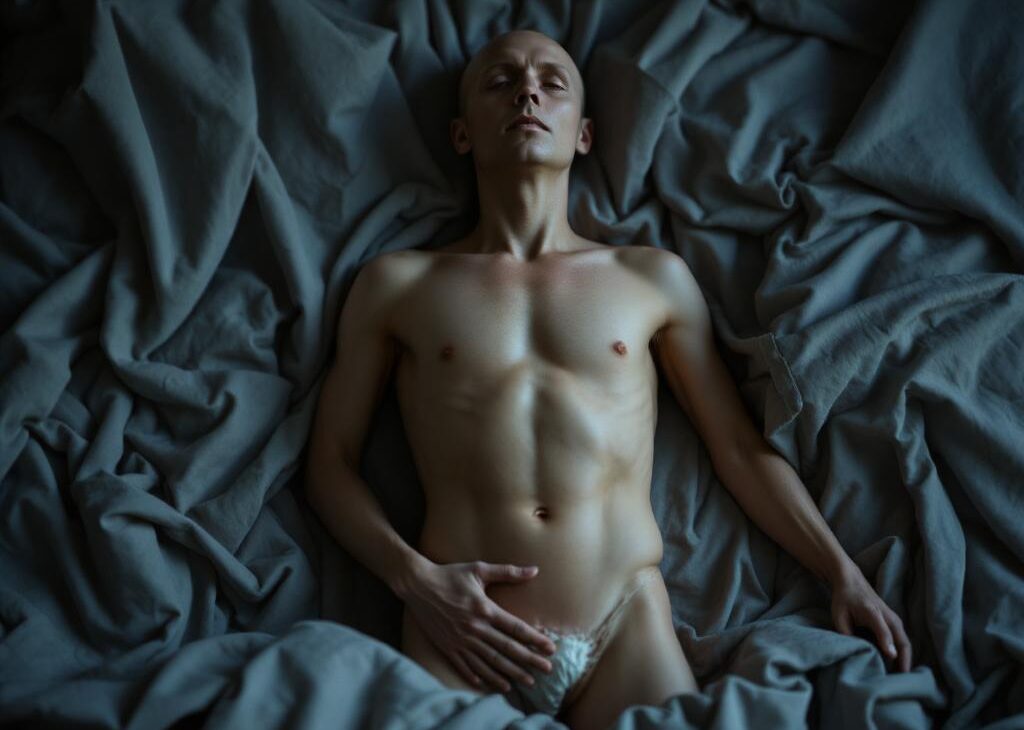Estimated Reading Time: 2 min
When vital functions in the human body stop, a series of physiological changes occur, leading to what is commonly referred to as clinical death and, eventually, biological death. Here’s an overview of what happens:
1. Cessation of Heartbeat and Breathing
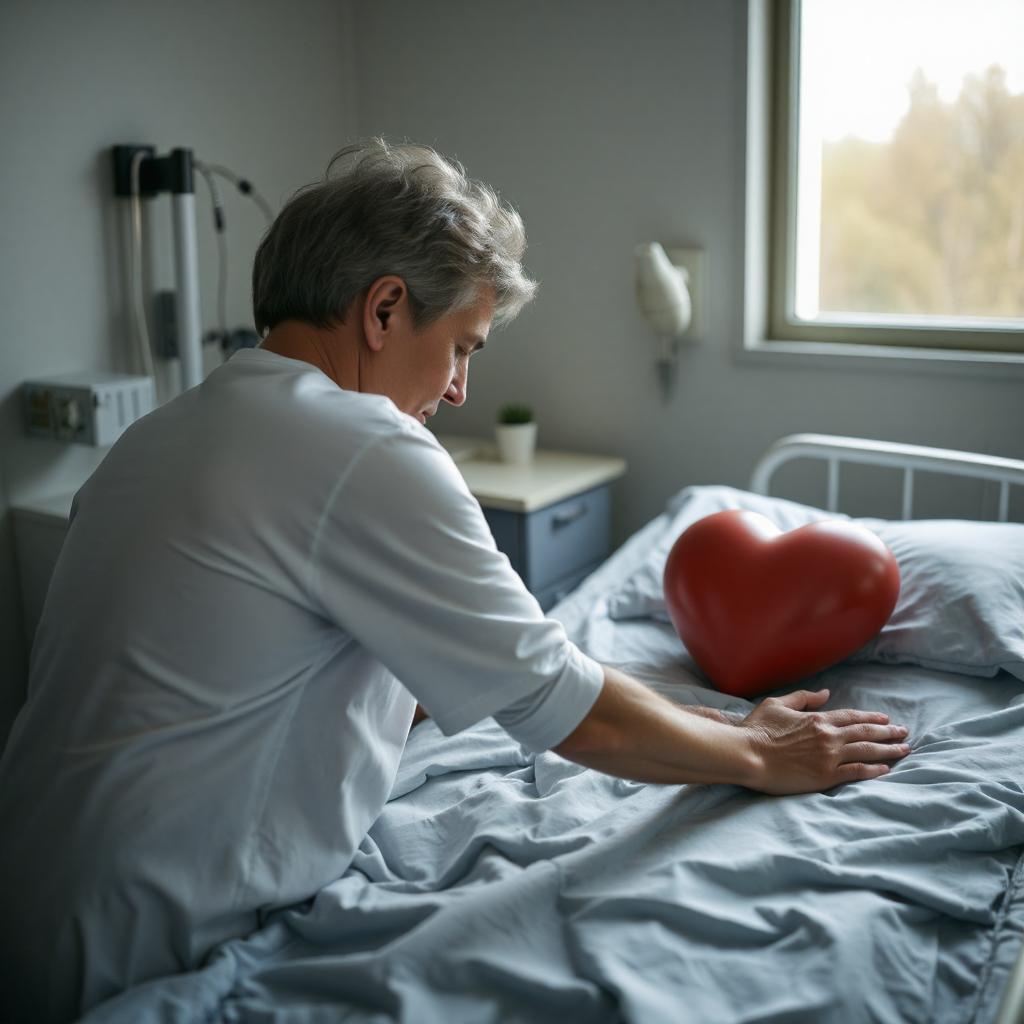
- Cardiac Arrest: The heart stops beating, leading to a halt in blood circulation. This deprives organs and tissues of oxygen.
- Respiratory Failure: Breathing ceases, which further reduces oxygen levels in the body and increases carbon dioxide levels.
2. Loss of Consciousness
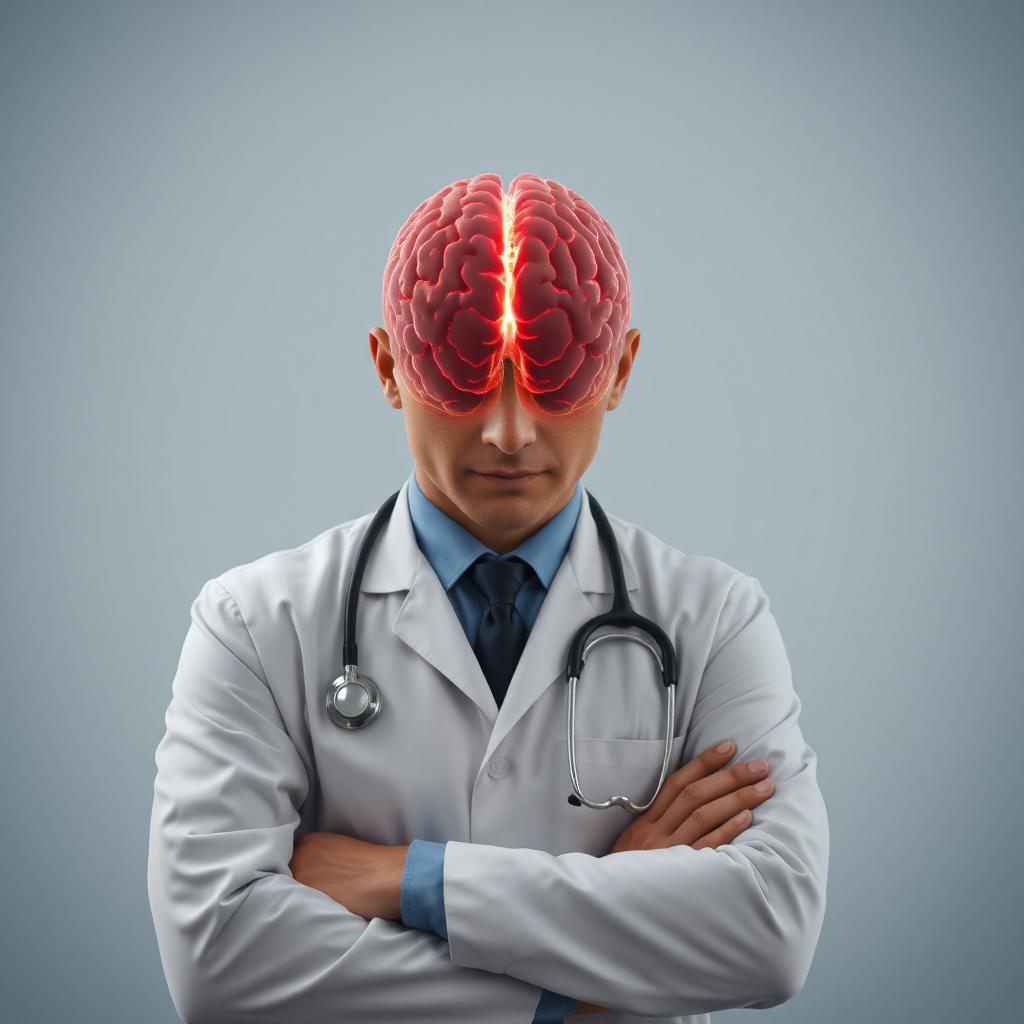
- Brain Function: Within seconds, the brain begins to lose consciousness due to a lack of oxygen. Brain cells are particularly sensitive to oxygen deprivation and can start to die within minutes.
3. Cellular Changes

- Anaerobic Metabolism: Cells switch from aerobic (with oxygen) to anaerobic metabolism, leading to the buildup of lactic acid, which can cause acidosis.
- Cell Death: Continued oxygen deprivation leads to cellular damage and death, particularly in vital organs like the brain, heart, and kidneys.
4. Pallor and Rigor Mortis
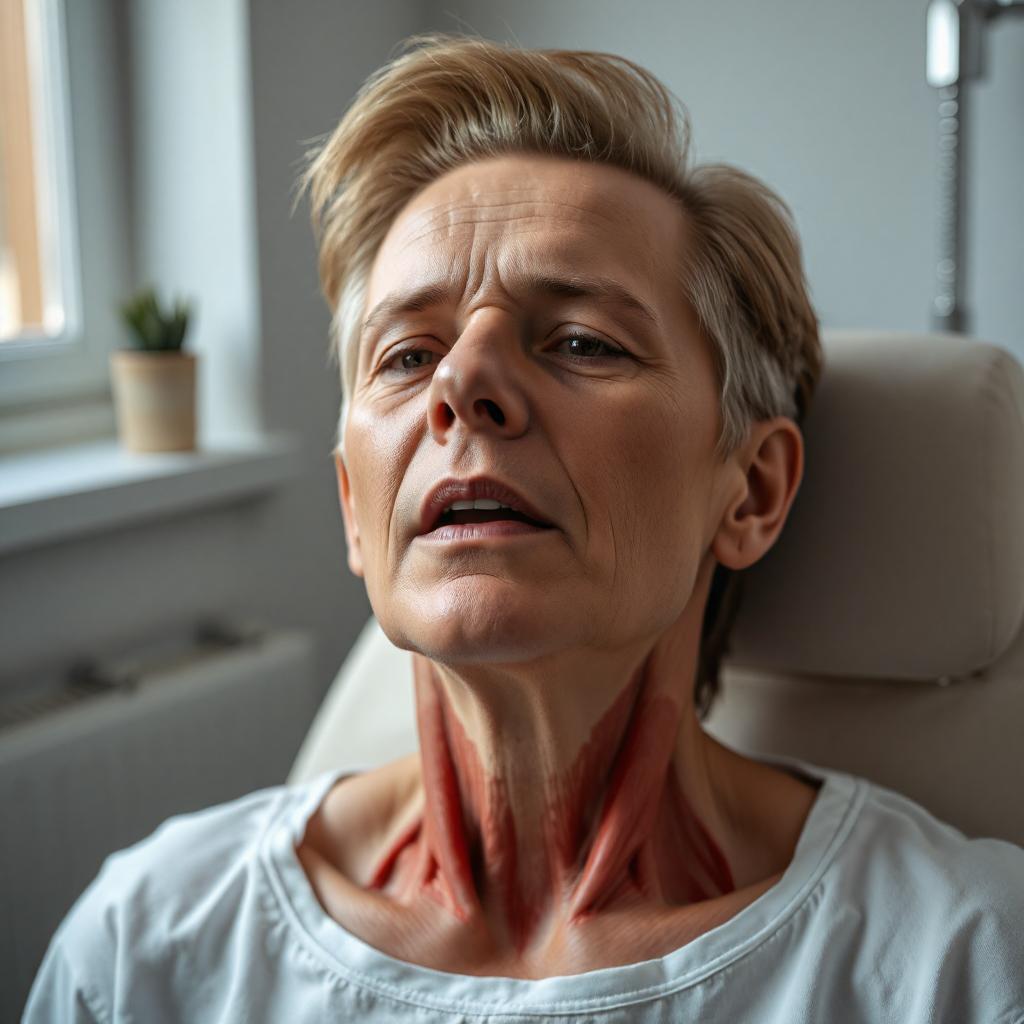
- Body Temperature Changes: The body begins to cool down due to the loss of metabolic heat.
- Pallor Mortis: The skin may become pale as blood settles in the lower parts of the body due to gravity.
- Rigor Mortis: After a few hours, muscles begin to stiffen due to chemical changes in muscle fibers, typically starting in the jaw and neck.
5. Decomposition
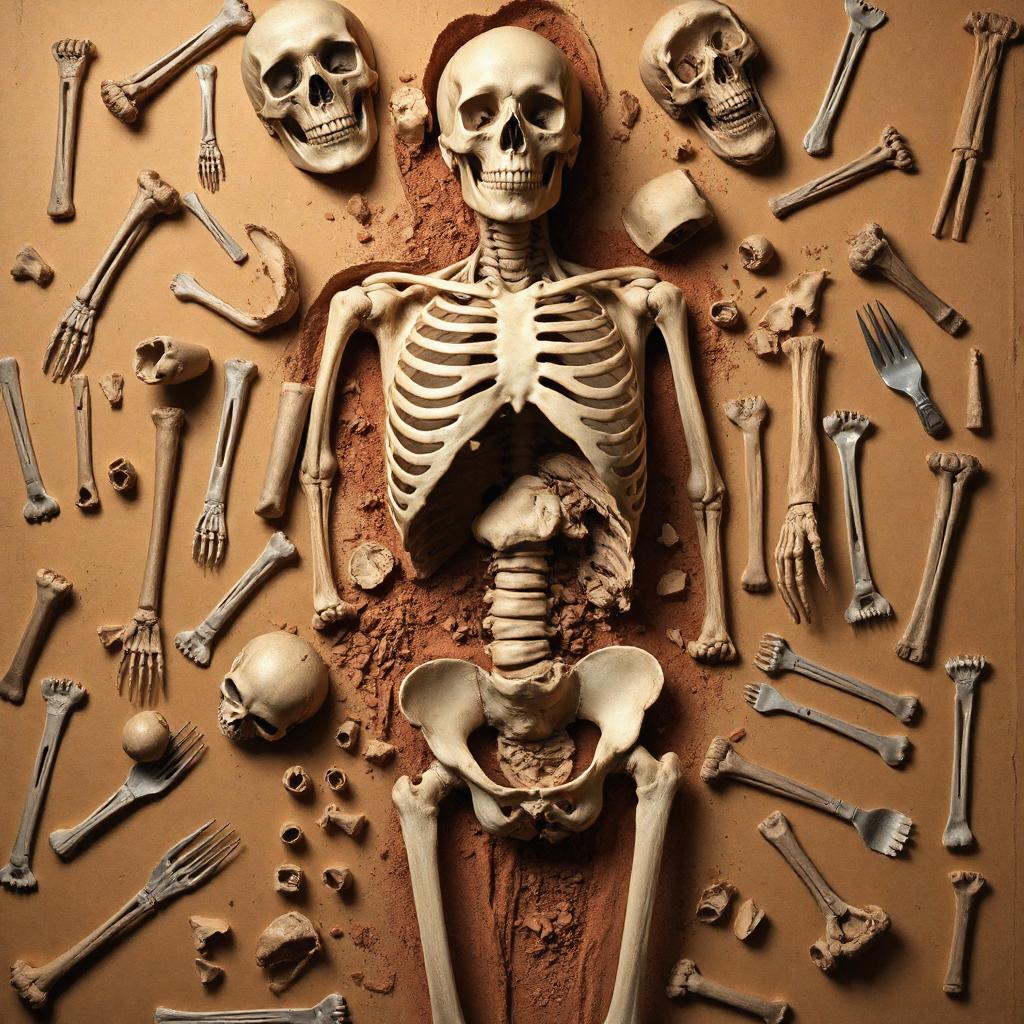
- Autolysis: Enzymes within cells start to break down cellular components, leading to the release of gases and fluids.
- Bacterial Activity: Bacteria, particularly those in the intestines, begin to proliferate and break down tissues, contributing to decomposition.
6. Organ Failure
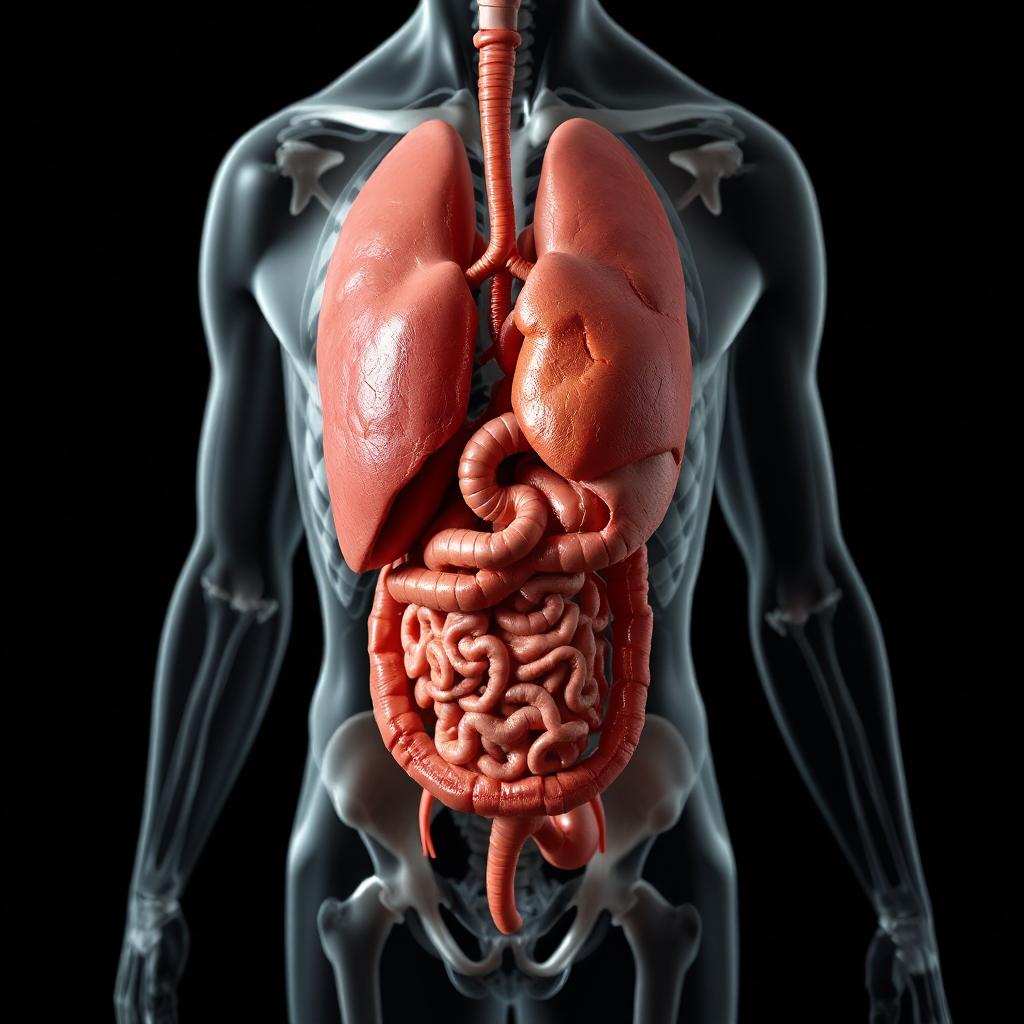
- Multi-Organ Failure: Without oxygen-rich blood, organs begin to fail sequentially, with the brain usually being the most affected, followed by the heart, liver, and kidneys.
7. Brain Death
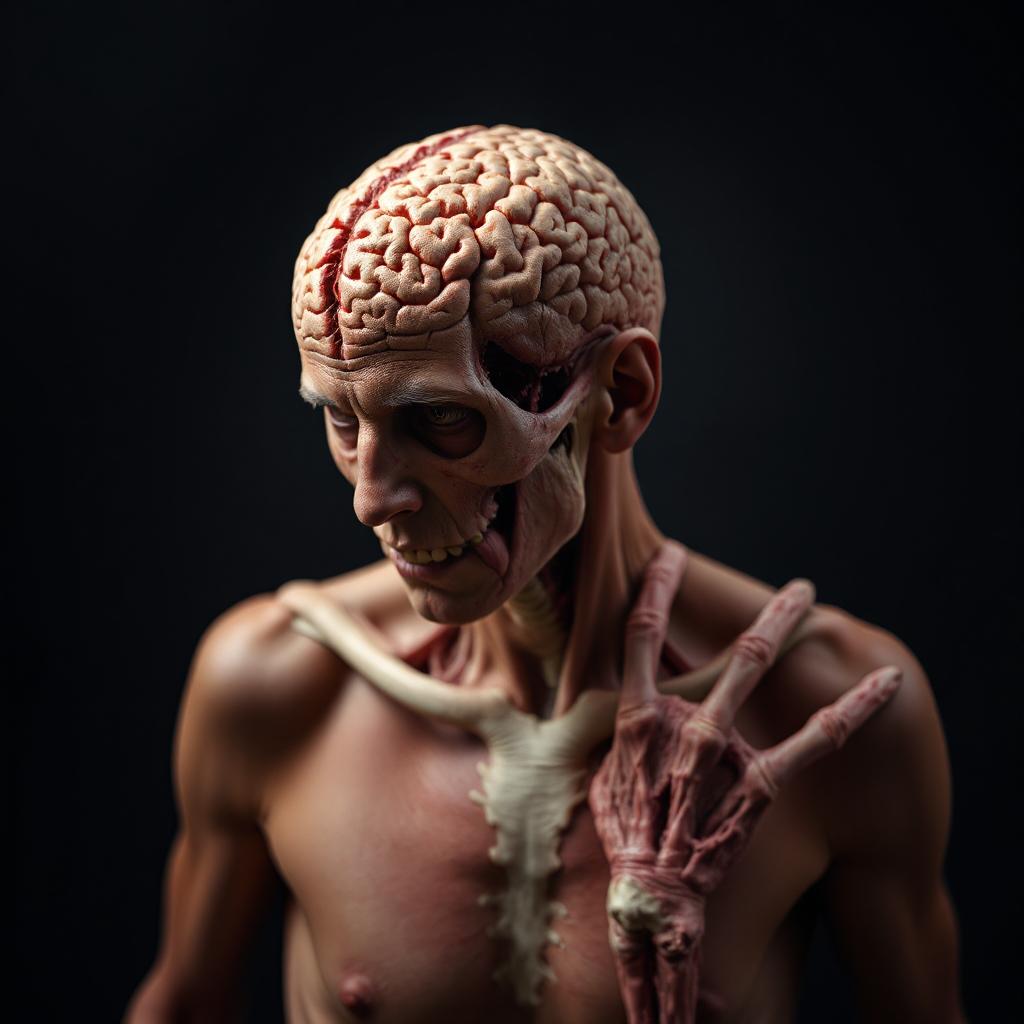
- Irreversible Damage: After a certain period without oxygen (typically around 4-6 minutes), brain cells begin to die, leading to irreversible brain damage. This marks the transition from clinical death to biological death.
Summary
The cessation of vital functions initiates a cascade of biological changes that lead to the breakdown of bodily systems. Understanding these processes is crucial in fields like medicine, forensics, and organ donation.
Here are some of the most prevalent misconceptions…read more…
Organ donation after clinical death raises…read more…
